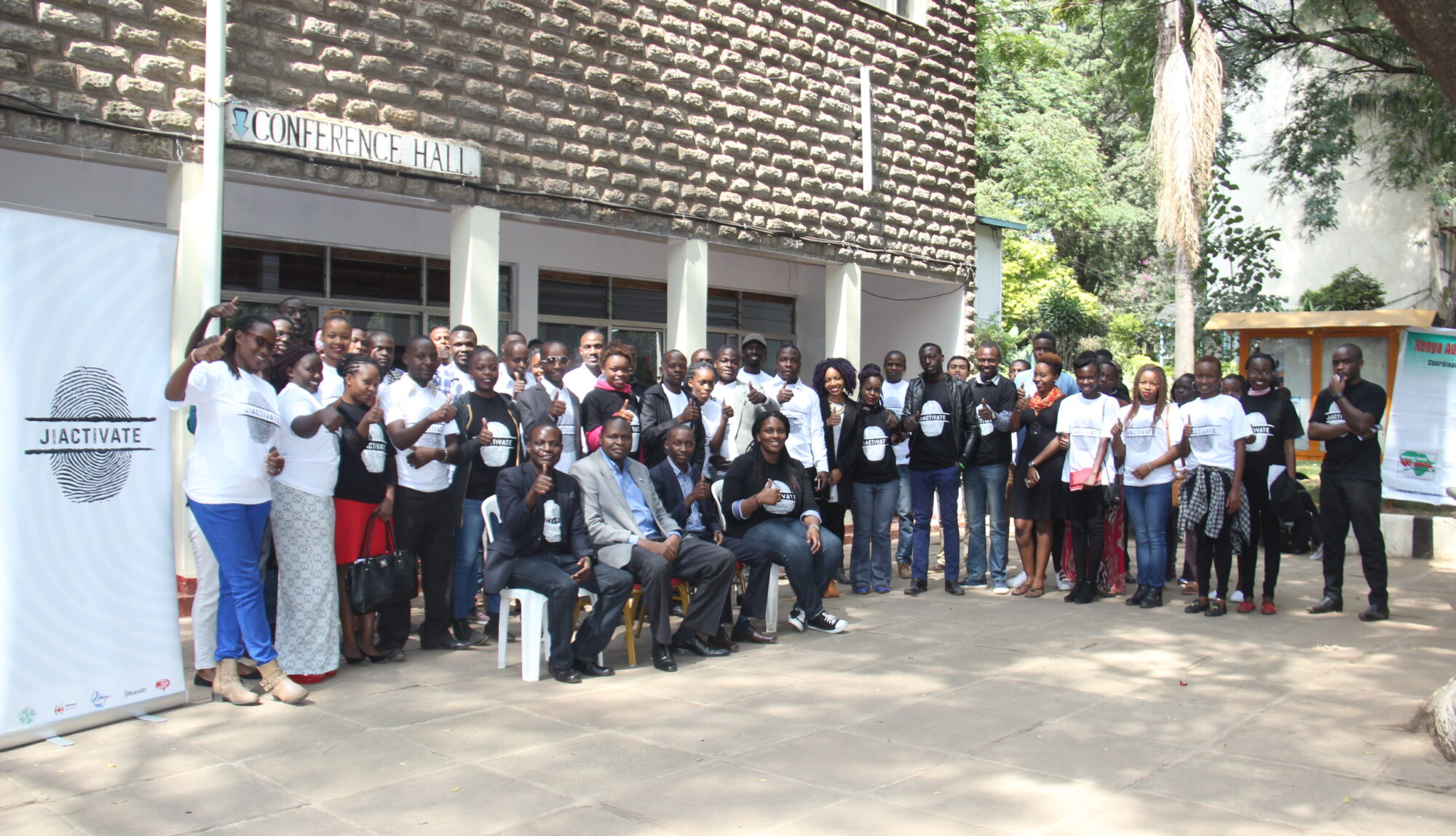Impact of Covid-19 on Teenagers

School holidays usually bring joy to almost all children. Most boys and girls often look forward to spending quality time with family and friends. These experiences lead to creating memories that last a lifetime. Most children and adolescents fear a disruption in their earlier set goals of progressing to the next stage while completing their basic education. As the debate for reopening schools continues, others fear possible infection that might accompany returning. Since schools have closed, a new worrying trend is a rise in teenage pregnancy in Bungoma county and the whole country at large.
With the current emphasis encouraging people to stay home, male and female teenagers find themselves with plenty of uninterrupted time. During this time, they get to engage in experimental sexual activities in a curious exploration of their sexuality and the fulfilment of the demanding needs of their fast-growing bodies because they are in the puberty stage. All these fun-filled explorations may go unnoticed only to be revealed a while later by “missing monthly periods” or “a growing bump” otherwise said to be an unwanted pregnancy. This scenario has created stress and anxiety in teenagers. COVID-19 is having a negative impact on the mental health of adolescents. It appears that younger adolescents are more worried about the virus itself, whereas older adolescents are more concerned about the pandemic’s social and economic impacts.
When it comes to nutrition and economic aspects, school closures have also had implications for learners who rely on school feeding programs as a main source of nutrition. With everyone now at home, families’ ability to provide food for their children has been even further reduced. In such poverty, securing food takes precedence over learning. The loss of livelihoods, such as people who lost jobs and businesses that collapsed due to COVID-19, has negatively impacted the income of many families. This has had a negative impact on the nutrition of most families in Bungoma since children have been at home since school closures in March 2020. Sensitization needs to be done around the importance of maintaining a healthy diet to boost the immune system of much of the population, not only to fight COVID 19 but also to help them fight against other diseases.
Most parents find it difficult to talk about difficult issues like COVID-19, drug and substance abuse and matters dealing with sexual and reproductive health(SRH) with children. But although it can be challenging, it’s important that parents do talk to their children, especially as there is so much information (and misinformation) already out there. Children might find it difficult to understand what they see on TV, hear on the radio or from their friends. And they can easily fall prey to untruths. It is important for parents to tale advantage of this time with their children at home to address some of the myths and misconceptions that young people believe, in order to raise a generation of good, responsible citizens.
Sensitization session with Quarters FC
The above discussion came up after a successful interaction with teenagers of Quarters FC, a football club of young people who train daily and participate in local tournaments to keep themselves busy during this period, while schools have remained closed.
Conclusion
While COVID-19 has affected nearly all learners globally, school closures have exacerbated already existing inequalities for marginalized learners and come with a host of unintended consequences for vulnerable girls. We must put in place protections for vulnerable girls and ensure that they have access to life-saving education.